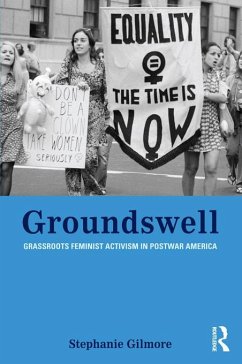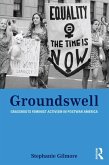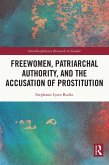Departing from the usual conversation about the national icons and events of second wave feminism, this book concentrates on local histories, and asks the questions that must be answered on the micro level: Who joined? Who did not? What did they do? Why did they do it? Together with its analysis of feminist political history, these individual case studies from the Midwest, South, and West coast shed light on the national women's movement in which they played a part.
In its coverage of women's activism outside the traditional East Coast centers of New York and Boston, Groundswell provides a more diverse history of feminism, showing how social and political change was made from the ground up.
Dieser Download kann aus rechtlichen Gründen nur mit Rechnungsadresse in A, B, BG, CY, CZ, D, DK, EW, E, FIN, F, GR, HR, H, IRL, I, LT, L, LR, M, NL, PL, P, R, S, SLO, SK ausgeliefert werden.
'Groundswell shifts our attention away from a nationally focused narrative about feminism in the 1960s and seventies-since this tends to focus on leaders, texts, and legislative accomplishments-and toward the often-unexplored yet countless ways that feminist activists around the country challenged discriminatory institutions and practices in their communities...[and] by making visible the grassroots activism that transformed cities across the country, Groundswell makes a valuable contribution to that past.' - Amy Kesselman, Women's Review of Books
'With Groundswell, Gilmore has produced an interesting work of comparative analysis that demonstrates the important role of "location" in shaping feminist agendas and shines a spotlight on the rank-and-file women who sustained the movement over the course of its inevitable ebbs and flows.' - Babette Faehmel, Schenectady County Community College









